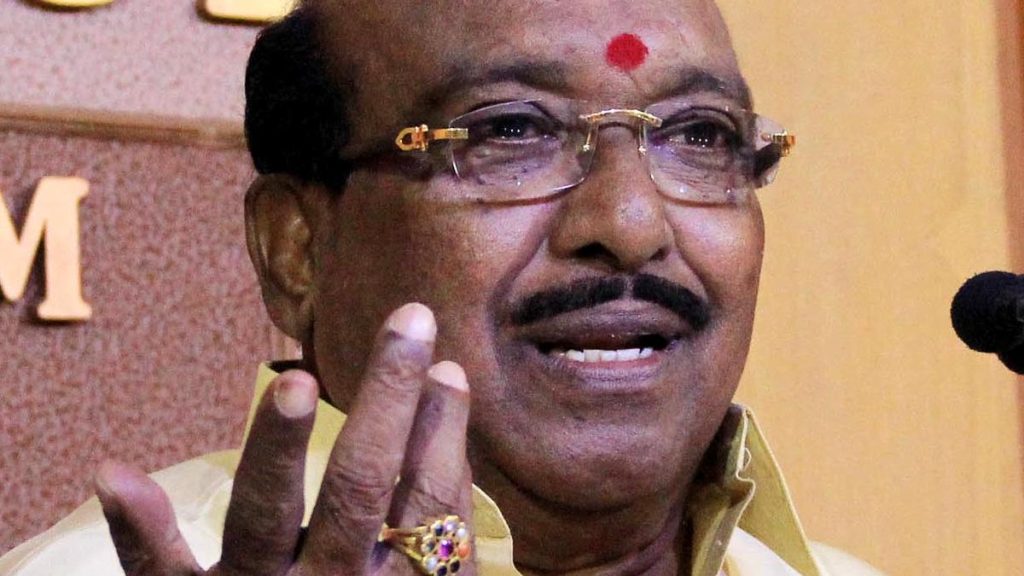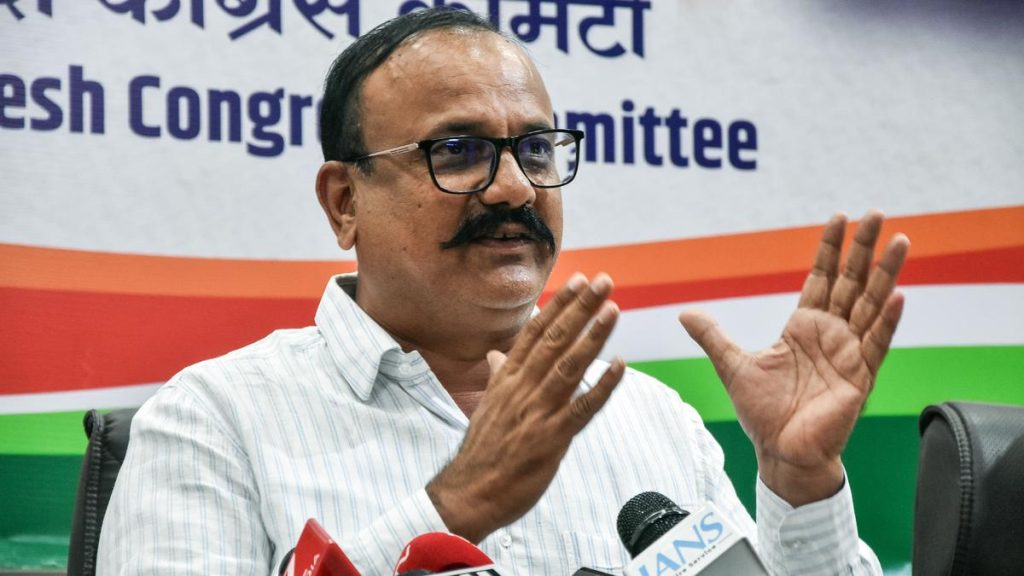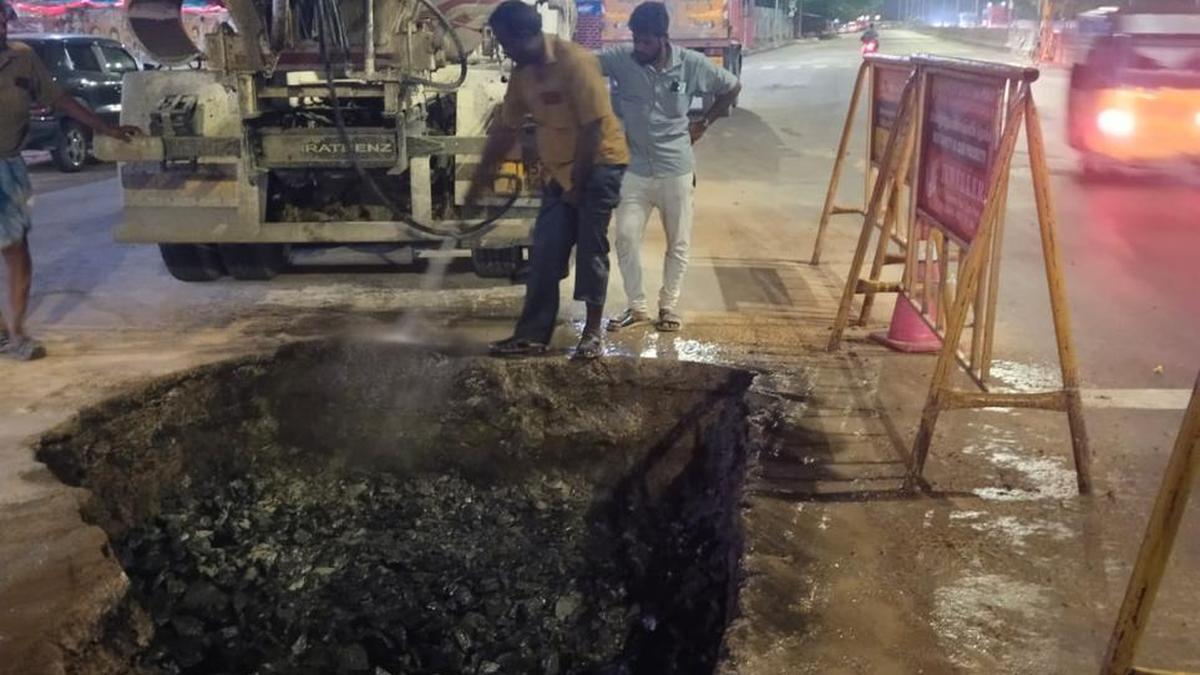Now Reading: U.P. Minister Criticizes Nitish Kumar’s Free Electricity Promise
-
01
U.P. Minister Criticizes Nitish Kumar’s Free Electricity Promise
U.P. Minister Criticizes Nitish Kumar’s Free Electricity Promise

Quick Summary
- Uttar Pradesh’s Energy Minister Arvind Kumar Sharma criticized Bihar chief Minister Nitish Kumar’s proclamation of 125 units of free electricity ahead of Vidhan Sabha elections, implying the promise would be irrelevant without supply.
- Mr.Sharma stated sarcastically: “Electricity is free in Bihar but it will be free only when it will be supplied… na bijli ayegi na bill ayega.”
- JD(U) leaders responded sharply, defending Bihar’s electricity service and progress under Nitish Kumar. Thay claimed electricity availability exceeds 22 hours for common people.
- Neeraj Kumar, JD(U) spokesperson, called Sharma’s comments “irresponsible” and suggested he visit border villages for a reality check.
- Similar controversy arose earlier when Mr.Sharma faced backlash for chanting religious slogans instead of addressing power complaints in Sultanpur on July 10.
- Nitish Kumar announced that starting August 1, households in Bihar would receive up to 125 units of electricity free as part of affordable energy provisions.
Indian Opinion Analysis
The debate between Uttar Pradesh Energy Minister Arvind Kumar Sharma and Bihar CM Nitish Kumar reflects contrasting political priorities regarding public utilities during election periods. While Mr. Nitish Kumar positions the announcement as an extension of affordable energy to support domestic consumers in Bihar, critics have raised concerns about potential logistical challenges such as ensuring sufficient supply amidst population demand.
JD(U)’s counterclaims highlight progress made under existing governance; if substantiated by data on consistent electricity distribution (22-hour access cited), this policy could play a key role in shaping voter sentiment toward advancement metrics over rhetoric during upcoming elections.
However, recurring controversies surrounding Mr.Sharma-like his apparent dismissal of public grievances with religious chants-might prompt introspection on governance styles within U.P., particularly where functional engagement with citizens is concerned.
Clarity and execution mechanisms remain essential to ensure campaigns promising basic services like power are implemented effectively without political polarization or reduced accountability being disruptive factors.
























